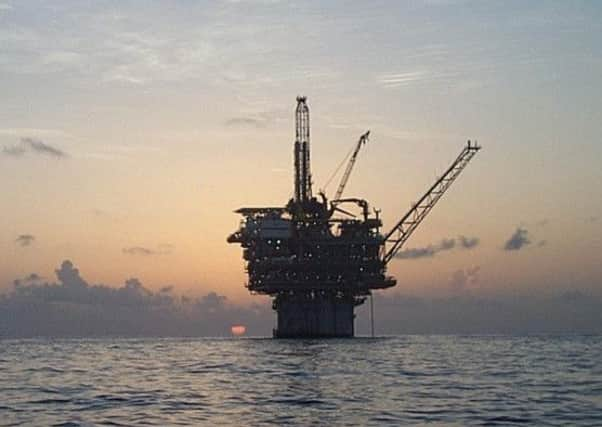Calls for tax breaks as North Sea exploration stalls


A report by accountancy firm Deloitte, published today, shows that operators chose to focus on development activity in 2013 at the expense of exploration.
It comes after UK energy minister Michael Fallon raised concerns that the upcoming independence vote was causing oil investment to slow.
Advertisement
Hide AdAdvertisement
Hide AdHe questioned how an independent Scotland would be able to afford the level of decommissioning tax relief now available in the UK.
The number of fields which began producing oil and gas in the UK hit its highest level for five years in 2013, up from nine in 2012 to 13, of which the vast majority were eligible for tax breaks. At the same time, only 47 exploration and appraisal wells were drilled on the UK continental shelf, compared with 65 in 2012 – a decrease of 28 per cent.
During the same period, the Norwegian continental shelf saw a 41 per cent increase in drilling activity.
Graham Sadler, managing director of Deloitte’s petroleum services group, stressed that more needed to be done to encourage drilling in UK waters, including incentives for exploration activity.
He said: “The North Sea industry is complex and companies operating in there have to consider many factors. Despite the high oil price, margins are tight and the drop in drilling during 2013 most likely reflects the increased costs of operating.
“Staff costs remain high and access to equipment such as rigs, which are limited in number, drives prices upwards.”
He said that government incentives were helping to stimulate field developments, with historic discoveries being revisited thanks to tax incentives and improved technology.
And a greater overall knowledge of the North Sea’s complex geology is also playing an important role in making older discoveries viable, Sadler added.
Advertisement
Hide AdAdvertisement
Hide AdGraham Hollis, energy partner at Deloitte in Aberdeen, claimed the industry was at a crossroads.
“The rise in field start-ups over the last year and increased interest in licensing rounds are positive indicators for the future of the North Sea,” he said. “However, more than ever companies appear to be at a crossroads in their attitude towards it, with optimism and pessimism seemingly present in equal measure.
“We have recently seen a number of announcements of significant – and in some instances all-time high – levels of investment in the UK. However, a number of other companies, some key players in the UK sector for many years, have publicly announced or are taking steps that seem to indicate that the North Sea is no longer a core focus for investment within their global portfolios.”
Last year, industry grandee Sir Ian Wood published an interim report into how to secure the long-term future of the UK oil industry, which made a number of recommendations on how to ensure continued investment in the area.
Wood, whose full report is expected soon, estimated that an additional £200 billion of investment could be unlocked if the government intervened to ensure better co-operation between oil firms on infrastructure.